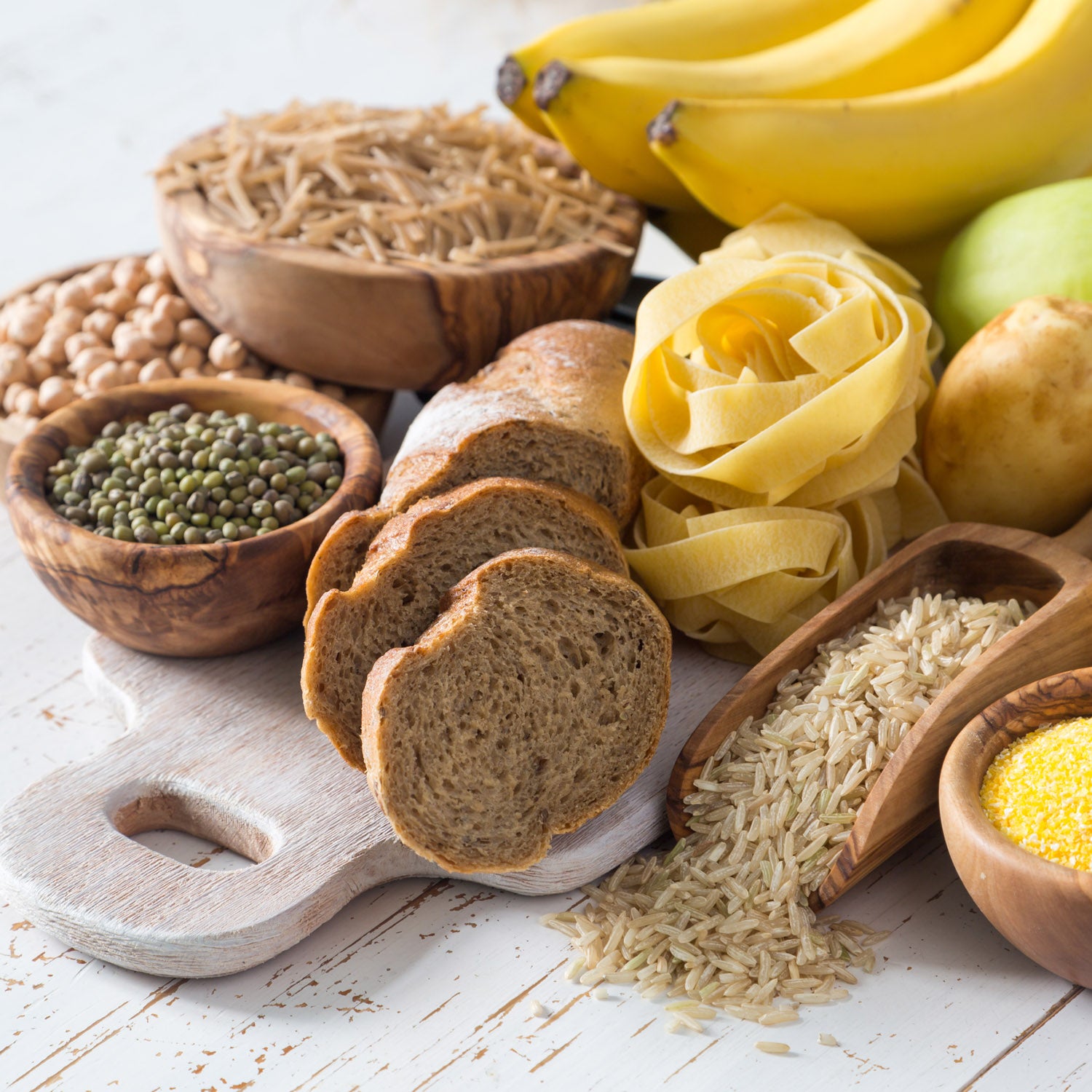A high-carbohydrate plant-based diet resulted in a reduced daily calorie intake and greater fat loss than a high-fat low-carbohydrate animal-based diet in a recent highly controlled study.
Researchers from the National Institute of Diabetes and Digestive and Kidney Diseases in the U.S. took 20 adults in a residential unit for four weeks. The participants were given either a low-carb animal-based or a high-carb plant-based diet for two weeks, immediately followed by two weeks on the alternative nutrition programme.
Three meals a day plus snacks were provided and the participants could eat as much as they wanted. Both diets had 14 per cent protein and equal amounts of non-starchy vegetables, but the plant-based diet was 10.3 per cent fat and 75.2 per cent carbs while the animal-based diet was 10 per cent carbs and 75.8 per cent fat.
A typical low-fat dinner was a baked sweet potato, chickpeas, broccoli and oranges, and a typical low-carb dinner was beef stir fry with cauliflower rice.
The diets resulted in some clear differences. Most significantly, people on the high-carb diet ate between 550 and 700 fewer calories each day despite reporting no difference in hunger or enjoyment of meals. It was this diet led to a significant loss of fat.
Those on the high-carb regimen did have higher insulin and blood glucose levels, though.
The study’s lead investigator Kevin Hall said: "Our study was designed to determine whether high-carb or high-fat diets result in greater calorie intake.
"Despite eating food with an abundance of high-glycemic carbohydrates that resulted in pronounced swings in blood glucose and insulin, people eating the plant-based, low-fat diet showed a significant reduction in calorie intake and loss of body fat, which challenges the idea that high-carb diets per se lead people to overeat.
“On the other hand, the animal-based, low-carb diet did not result in weight gain despite being high in fat.
"Interestingly, our findings suggest benefits to both diets, at least in the short-term. While the low-fat, plant-based diet helps curb appetite, the animal-based, low-carb diet resulted in lower and more steady insulin and glucose levels. We don't yet know if these differences would be sustained over the long term.”
The authors of the study said the results bring us one step closer to understanding how eating different diets affect our health, an issue of particular importance in light of the coronavirus pandemic


Share:
What Is MetCon & How Does It Get You Fit?
5 High-Protein Easy Slow Cooker Meals